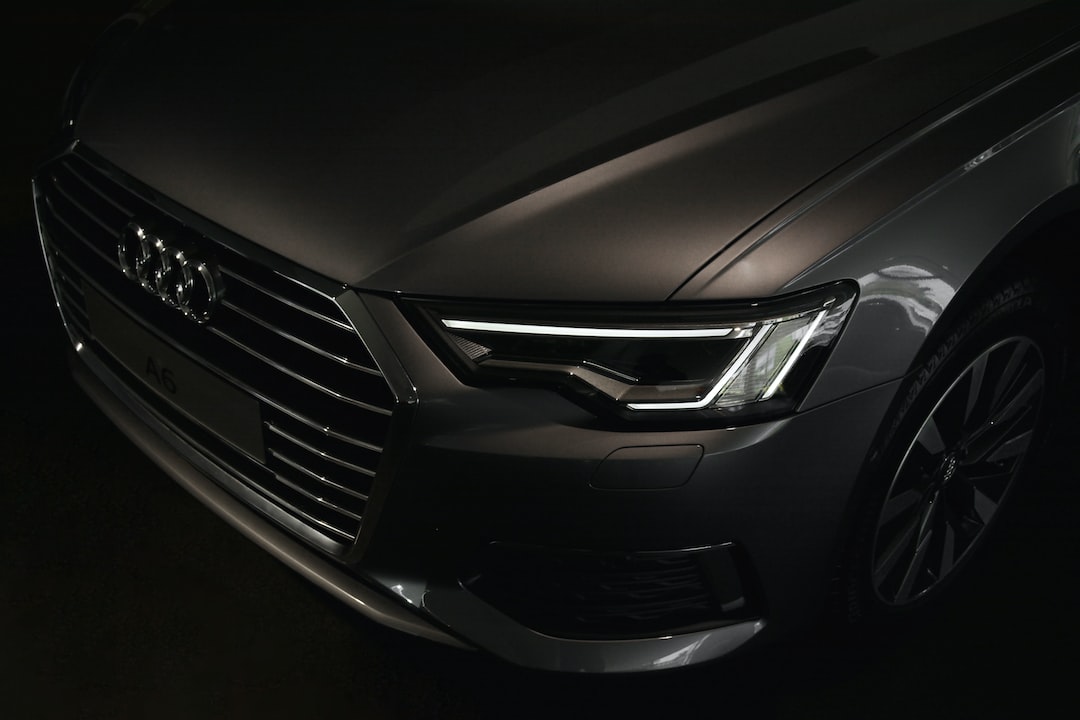Exploring the Pros and Cons of Hybrid Cars
As people become increasingly conscious of the impact of their actions on the environment, the demand for eco-friendly transportation options continues to rise. This has led many consumers to consider purchasing hybrid cars – vehicles that combine traditional internal combustion engines with electric motors. Today, we will examine the pros and cons of hybrid cars to help you make an informed decision.
Pros:
1. Environmental Benefits: One of the major advantages of hybrid cars is their reduced environmental impact. By integrating electric motors and batteries, hybrid cars produce significantly fewer emissions compared to traditional gasoline-powered vehicles. The increased fuel efficiency of hybrid cars means less air pollution and a smaller carbon footprint, contributing to a greener future.
2. Fuel Efficiency: Hybrid cars are renowned for their impressive fuel efficiency. The ability to switch seamlessly between electric power and gasoline engines results in improved mileage, saving drivers money at the pump. Hybrid technology optimizes energy consumption by utilizing regenerative braking and idle-off features, which further contribute to fuel savings.
3. Tax Incentives: Governments around the globe often offer a range of tax incentives and rebates to encourage the adoption of cleaner transportation. Hybrid car owners can benefit from these incentives, reducing the overall cost of ownership and making them an attractive option for budget-conscious consumers.
4. Reduced Dependence on Fossil Fuels: By utilizing both electricity and gasoline, hybrid cars reduce the demand for fossil fuels. This helps to promote energy independence and ensures a more sustainable future. As renewable and alternative energy sources continue to develop, hybrid cars are well-positioned to take advantage of these innovations.
Cons:
1. Higher Initial Cost: One of the main drawbacks of hybrid cars is their higher initial cost compared to traditional gasoline-powered vehicles. The advanced technology and materials used in hybrid cars can lead to a higher purchase price. However, over the long term, the fuel savings and potential tax incentives can offset this initial investment.
2. Limited Electric-only Range: While hybrid cars offer improved fuel efficiency, they still rely partially on gasoline for longer trips. Although advancements have been made, the electric-only range of most hybrid cars is limited. This can be a concern for those who travel extensively or live in areas with limited access to charging infrastructure.
3. Battery Performance and Lifespan: The battery packs used in hybrid cars are essential for their electric power, but they also come with their own set of concerns. Over time, the performance and capacity of batteries may decline, affecting the overall mileage and efficiency of the vehicle. Additionally, battery replacement costs can be significant.
4. Availability and Model Options: While hybrid cars are becoming more popular, the variety of models available may be limited compared to traditional gasoline-powered vehicles. This can restrict choices, particularly for individuals with specific preferences regarding size, style, or features.
Conclusion:
Hybrid cars offer an excellent compromise between fuel efficiency and environmental impact. With their reduced emissions, improved mileage, and potential cost savings, hybrid cars are a compelling choice for eco-conscious individuals. However, higher costs, limited electric ranges, and concerns about battery performance should also be considered. Ultimately, the decision to purchase a hybrid car involves weighing the pros and cons according to individual needs and circumstances. As technology advances, the range and capabilities of hybrid cars are expected to improve, making them an increasingly appealing option for conscientious drivers worldwide.

